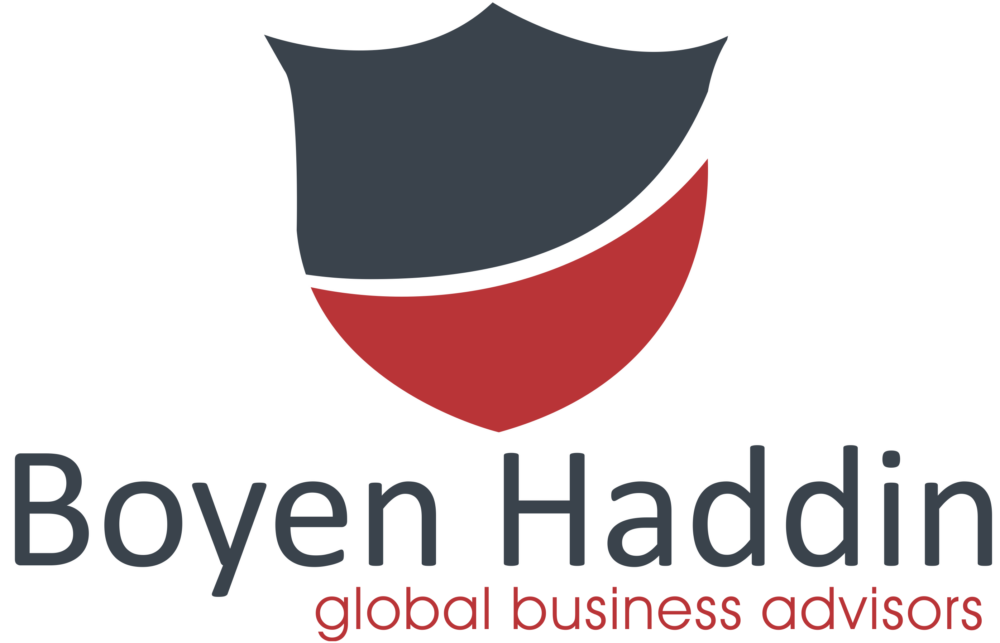Benefits of Hiring Interim Talent for Short-Term Projects
Hiring interim talent for short-term projects offers several benefits to organizations. Here are some of the key advantages:
Specialized Skills and Expertise:
Interim professionals often possess specialized skills and experience that are precisely matched to the requirements of the short-term project. This can lead to quicker project completion and higher-quality outcomes.
Cost-Effective:
Employing interim talent can be more cost-effective than hiring full-time employees for short-term needs. Organizations avoid expenses such as long-term salaries, benefits, and onboarding costs.
Flexible Workforce:
Interim professionals provide the flexibility to scale the workforce up or down as needed. This is particularly beneficial for businesses with fluctuating project demands or those operating in cyclical industries.
Speed of Onboarding:
Interim workers can start quickly since they typically require less onboarding and training compared to permanent hires. This speed is vital for time-sensitive projects.
Reduced Risk:
With interim talent, the risk associated with long-term employment commitments is minimized. When the project ends, so does the contract, reducing potential termination costs and legal complexities.
Access to Fresh Perspective:
Interim professionals bring an external perspective to the project. They can provide innovative ideas, insights, and best practices from their previous experiences, which can benefit the organization.
Objective Input:
Interim talent can provide objective and unbiased input. They are not as affected by internal politics or company culture, allowing them to focus solely on the project’s objectives.
Avoid Overloading Existing Employees:
Hiring interim talent prevents overburdening existing staff with additional responsibilities that can lead to burnout or decreased productivity.
Project Completion:
Interim professionals are often more focused on project completion since they are aware of the project’s temporary nature. This can result in a higher level of commitment and dedication to meeting project goals.
Seasonal or Cyclical Needs:
Many industries have seasonal or cyclical demands. Interim talent allows organizations to handle these peak periods without committing to long-term hires.
Testing the Waters:
Hiring interim talent can serve as a trial period to assess whether a particular skill set or role is required on a permanent basis. It allows organizations to evaluate the value of the role before making a long-term commitment.
Quick Problem Resolution:
When faced with sudden challenges or opportunities, interim professionals can be swiftly deployed to address the issue, reducing downtime and capitalizing on opportunities.
Enhanced Diversity and Innovation:
Bringing in temporary professionals can inject fresh ideas, diversity, and innovation into the organization. They may have different experiences and perspectives that lead to creative solutions.
Global Access to Talent:
Organizations can tap into a global pool of talent for interim roles, which is particularly valuable for specialized projects requiring unique skills.
In summary, hiring interim talent for short-term projects provides organizations with the flexibility, expertise, and cost-efficiency needed to manage variable workloads and tackle time-sensitive initiatives effectively. It allows businesses to access specialized skills, reduce risks, and maintain a competitive edge in a dynamic marketplace.


